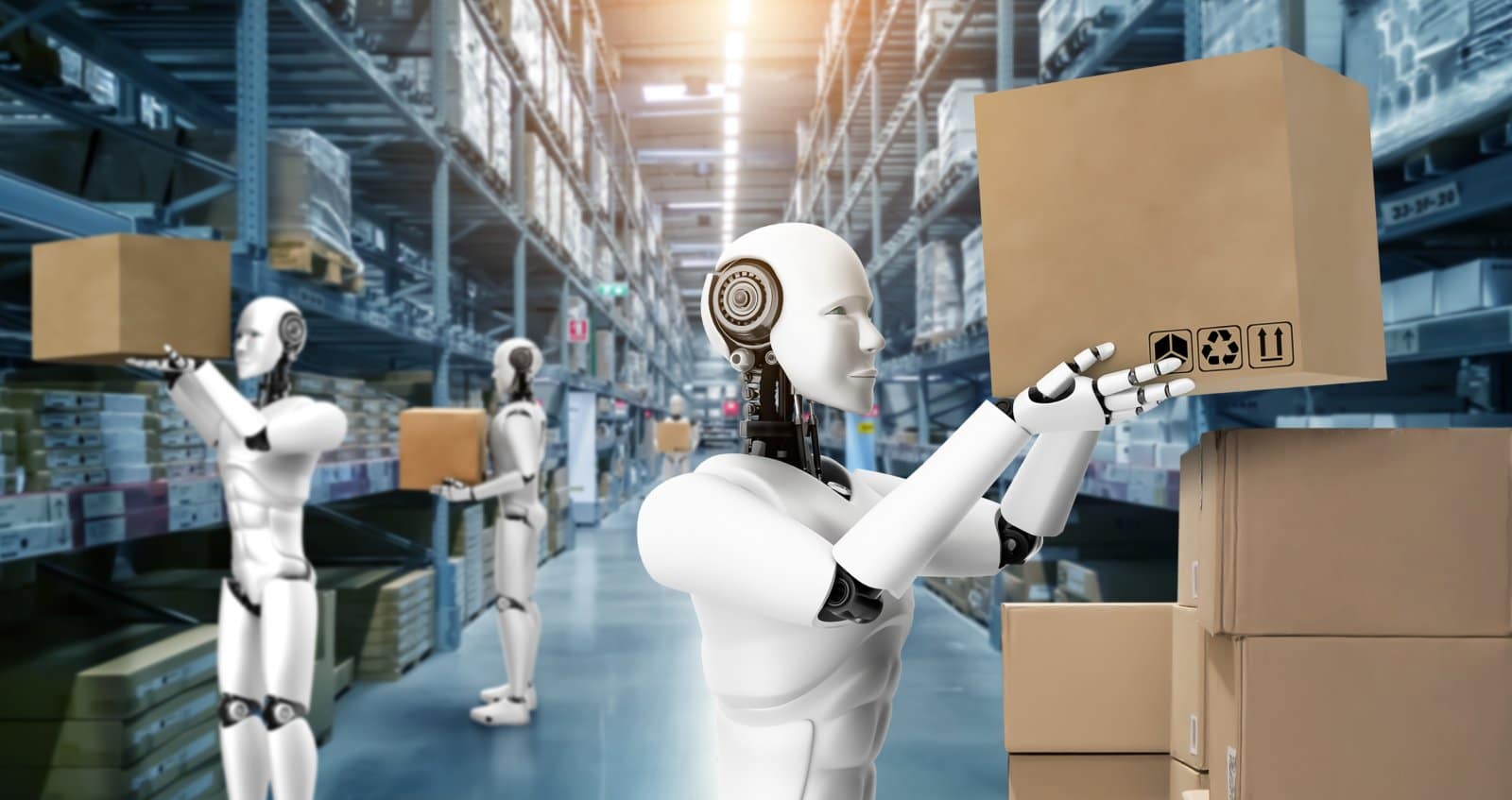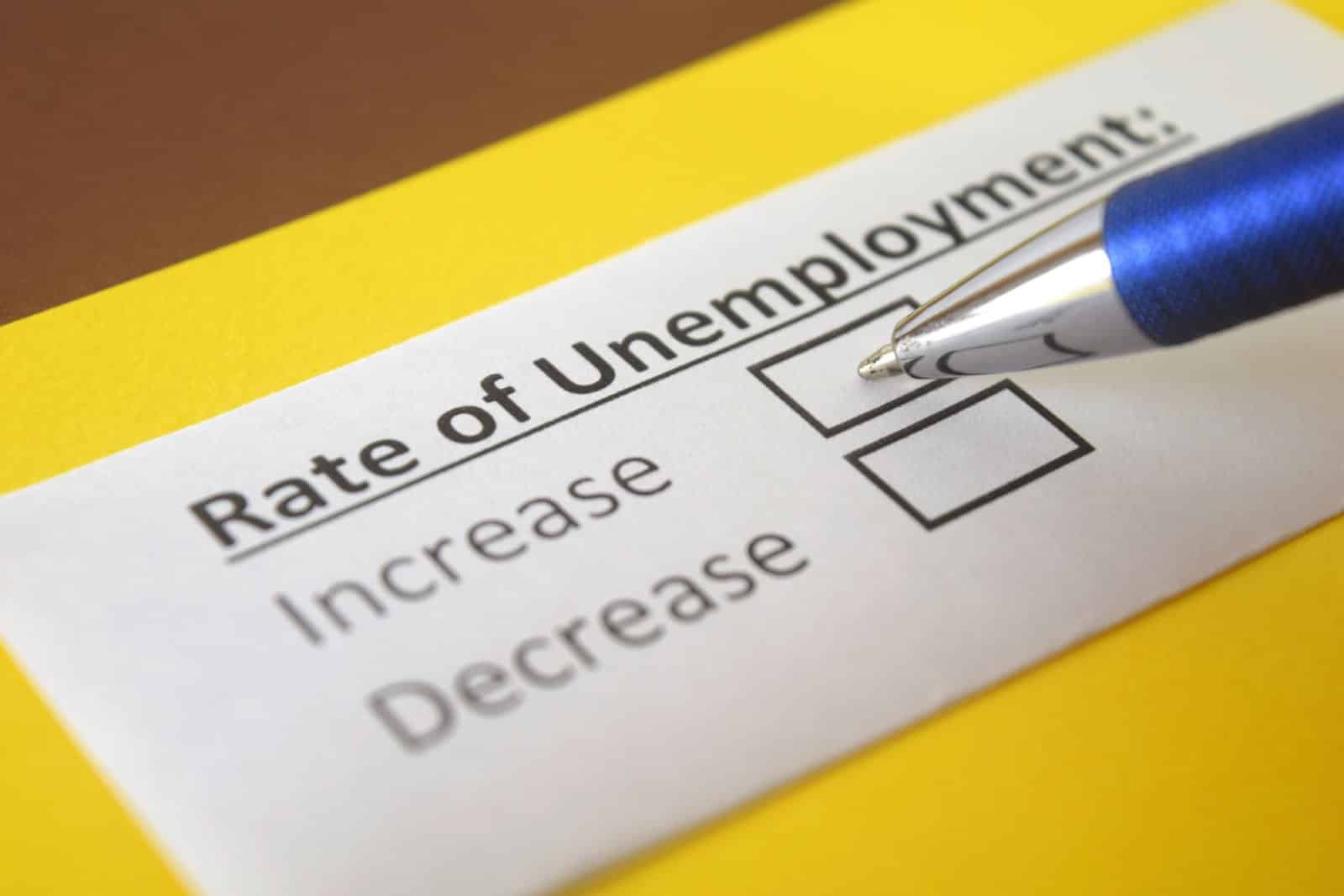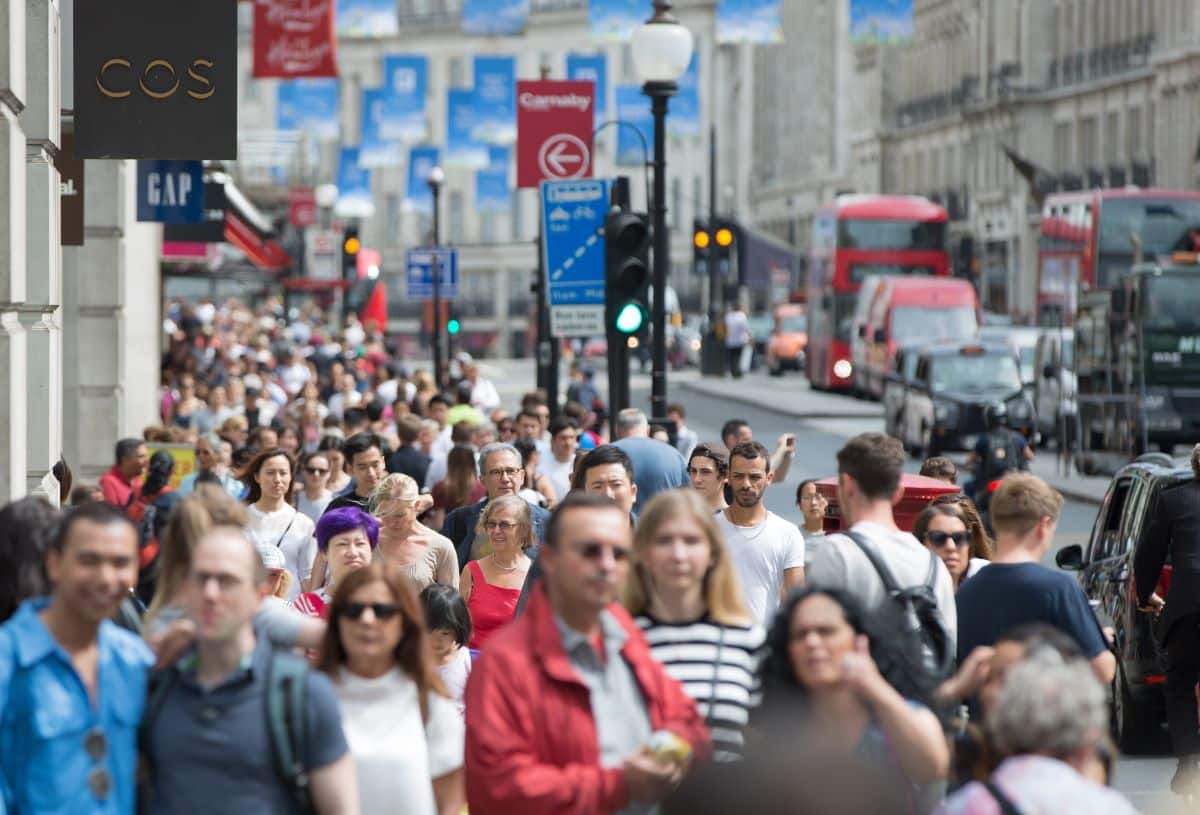The battle over whether to raise the minimum wage has divided the nation, stirring heated debates across kitchen tables and boardrooms alike. Here are the polarizing points that strike at the heart of this national debate, making it deeply personal and urgent.
1. Lifting Workers Out of Poverty

Imagine working full-time and still struggling to make ends meet. Advocates argue raising the minimum wage would enable millions to live above the poverty line without relying on government assistance.
2. Threatening Small Business Viability

If you own a small business, consider the possibility of higher wages forcing you to cut jobs, reduce hours, or even shut down because the margins just don’t add up anymore.
3. Boosting Consumer Spending

Supporters suggest that with more money in their pockets, workers would spend more, boosting demand across businesses. This could be the difference between just scraping by and finally affording some modest luxuries.
4. Rising Unemployment Risks

However, there’s a real fear that businesses might automate jobs or employ fewer people to manage costs. As a result, job opportunities could dry up for young workers or those without higher qualifications.
5. Narrowing the Income Gap

Imagine a society where the gap between the wealthiest and the poorest is significantly reduced. Raising the minimum wage is seen by many as a step toward economic equity.
6. Driving Up Prices

Critics warn that the increased costs to businesses will inevitably lead to higher prices for goods and services. Your daily coffee or weekly grocery bill could see noticeable increases.
7. Increasing Worker Satisfaction

Consider the morale boost if workers felt compensated fairly for their labour. This could lead to greater job satisfaction, lower turnover, and potentially higher productivity.
8. Fueling Wage and Price Inflation

The downside? A continuous cycle of wage and price increases could destabilize the economy over time, making any nominal wage increases less impactful.
9. Reducing Employee Turnover

From a business owner’s perspective, higher wages could mean employees stick around longer, reducing the costs and disruptions of frequent hiring and training.
10. Restricting Entry-Level Jobs

For young people just starting out, higher minimum wages could mean fewer entry-level jobs as employers might hesitate to pay high wages to inexperienced workers.
11. Supporting Families

Imagine single parents or families where every money counts. Higher wages could mean fewer tough choices between necessities like healthcare, education, or housing.
12. Encouraging Dependency on Automation

With the cost of human labour going up, businesses might accelerate automation. Self-service kiosks and AI could replace jobs, particularly in service industries.
13. Empowering Workers to Negotiate

Higher minimum wages could strengthen workers’ hands in negotiations, providing a safety net that allows them to demand better conditions and benefits without the fear of destitution.
14. Impacting Competitive Hiring

Businesses might become more selective in hiring, focusing only on the most skilled or experienced applicants. This could make job markets more competitive and exclusive.
15. Facilitating Career Advancements

With a decent wage, workers might have the bandwidth to pursue further education or training, potentially leading to better job opportunities in the future.
16. Causing Businesses to Relocate

Consider the possibility of businesses moving operations to countries with lower labour costs. This could lead to job losses in regions that adopt higher minimum wages.
17. Enhancing Community Well-being

Higher wages could lead to improved living standards, less crime, and better public health outcomes as financial pressures on households are eased.
18. Straining Public Resources

On the flip side, critics argue that artificially inflating wages could strain public resources if businesses cut jobs or reduce their operations, leading to higher unemployment benefits and other social services costs.
19. Reducing Poverty-Driven Crime

Imagine communities where fewer people are driven to desperation by poverty. Supporters believe that higher wages could potentially lower crime rates.
20. Overburdening the Gig Economy

As traditional jobs become more expensive for businesses, gig economy roles might proliferate, which often do not provide the same level of benefits or job security.
Real-Life Impact

This debate is about more than just economics; it’s about real lives and real businesses. Whether you’re drawing a paycheck or signing them, the outcome of this debate could significantly impact your world. What side of the argument do you find yourself leaning towards?
The post Fair Pay vs. Economic Stability: Navigating the Wage Wars first appeared on Lists Lovers.
Featured Image Credit: Shutterstock / IR Stone.
For transparency, this content was partly developed with AI assistance and carefully curated by an experienced editor to be informative and ensure accuracy.

